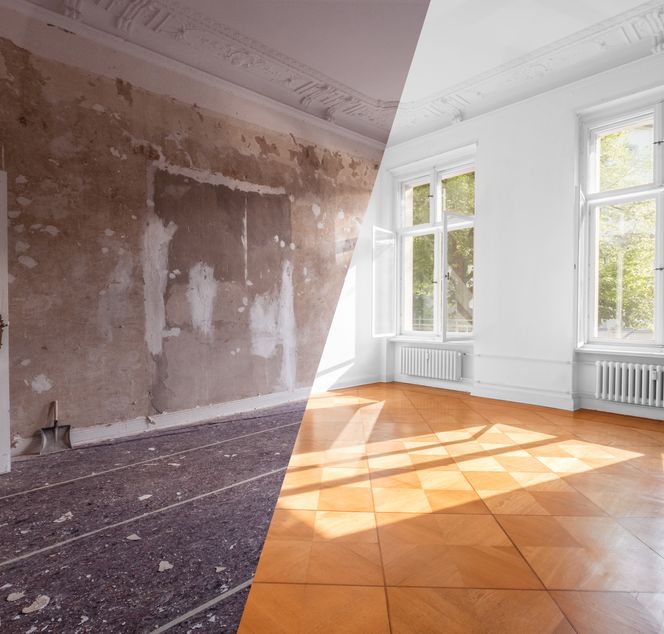

Investors use legal assistance most often to find out what legal form of business will be best for their real estate flipping business plan, what taxes should be paid, how to secure financing, and what to look for when verifying the legal status of a property.
The lawyer’s job may also be to increase the value of a property by dealing with formal issues such as inheritance matters, encumbrances in the land and mortgage register, or usufruct conversion issues.
It is assumed that the first real estate flip can be done without setting up a business activity. However, there is no universal answer to this question. Tax authorities consider each case individually.
Most often I advise to register a business activity at the earliest possible stage in a form appropriate to the size of planned investments, as this is the safest solution.
Yes. Often investors do not consider the financial risk resulting from the liability for defects in a sold property.
The seller is liable for defects in a property even if he or she did not know about them and had no control over their appearance. This applies to both primary and secondary property market.
The seller is liable even if the contract of sale does not contain any provisions that would determine such liability. The seller is liable for defects in the property on the basis of the provisions regarding the warranty for defects.
The risk associated with liability for defects can be minimized and, in some cases, even eliminated altogether.
First of all, the investor will not be responsible for defects the buyer was aware of. The seller should ensure that the sales contract includes a detailed description of the condition of the property being sold and individual defects of it. This will allow to prove in the future that the buyer knew about all the defects and still decided to buy the property.
Secondly, the seller’s liability for property defects may be excluded by entering appropriate provisions in the sales contract. However, this does not apply to contracts concluded by an investor with a buyer who has the status of a consumer. In that case exclusion or limitation of liability is not possible.
There are also other solutions, which allow limiting the liability for defects of the sold real estate. It is recommended to include the above issues in the investment plan, because the scale of the investor’s liability may turn out to be significant.
Yes, not all properties in Poland have to be registered in the land and mortgage register. However, if the property is not registered in the land and mortgage register, you should carefully examine the legal status of the property before buying it.
It is essential to verify the documents that will confirm that the current owner of the property has properly acquired its ownership. Depending on the specific situation, this may be: a notarial deed, on the basis of which the current owner acquired rights to the plot or premises, an administrative decision, which grants rights to the property or a document that confirms the inheritance.
It is often a good solution to enter into a preliminary agreement with appropriate provisions that will allow you to withdraw from the purchase in the event that the analysis of the legal status of the property reveals any issues.
No, a preliminary agreement can be concluded in the standard written form, however it involves certain consequences.
In most cases a preliminary agreement for the sale of real estate is concluded in the form of a notarial deed or in the standard written form.
The difference between a notarial deed and a written agreement appears when either party changes its mind and does not want to conclude the final agreement. It happens usually when a new investor interested in buying the property appears and offers a higher price. It also happens when the buyer loses financing (e.g. does not receive a loan) and therefore wants to cancel the final agreement.
If the preliminary agreement was concluded in the form of a notarial deed, either party may bring the case to court and demand conclusion of the final agreement. The court ruling supersedes the final agreement and allows the new owner to be registered in the land and mortgage register.
However, if the preliminary agreement was concluded in standard written form, court action is not possible. The parties may then use other securities provided in the preliminary agreement (e.g. contractual penalties, obligation to return double the deposit, etc.).
This does not mean that concluding a preliminary agreement in the form of a notarial deed is always the best solution. A notarial deed implies additional costs and, moreover, on the basis of a preliminary agreement concluded in the form of a notarial deed either party may pursue legal action, which means that it is a solution that may turn out to be risky for both the buyer and the seller.
